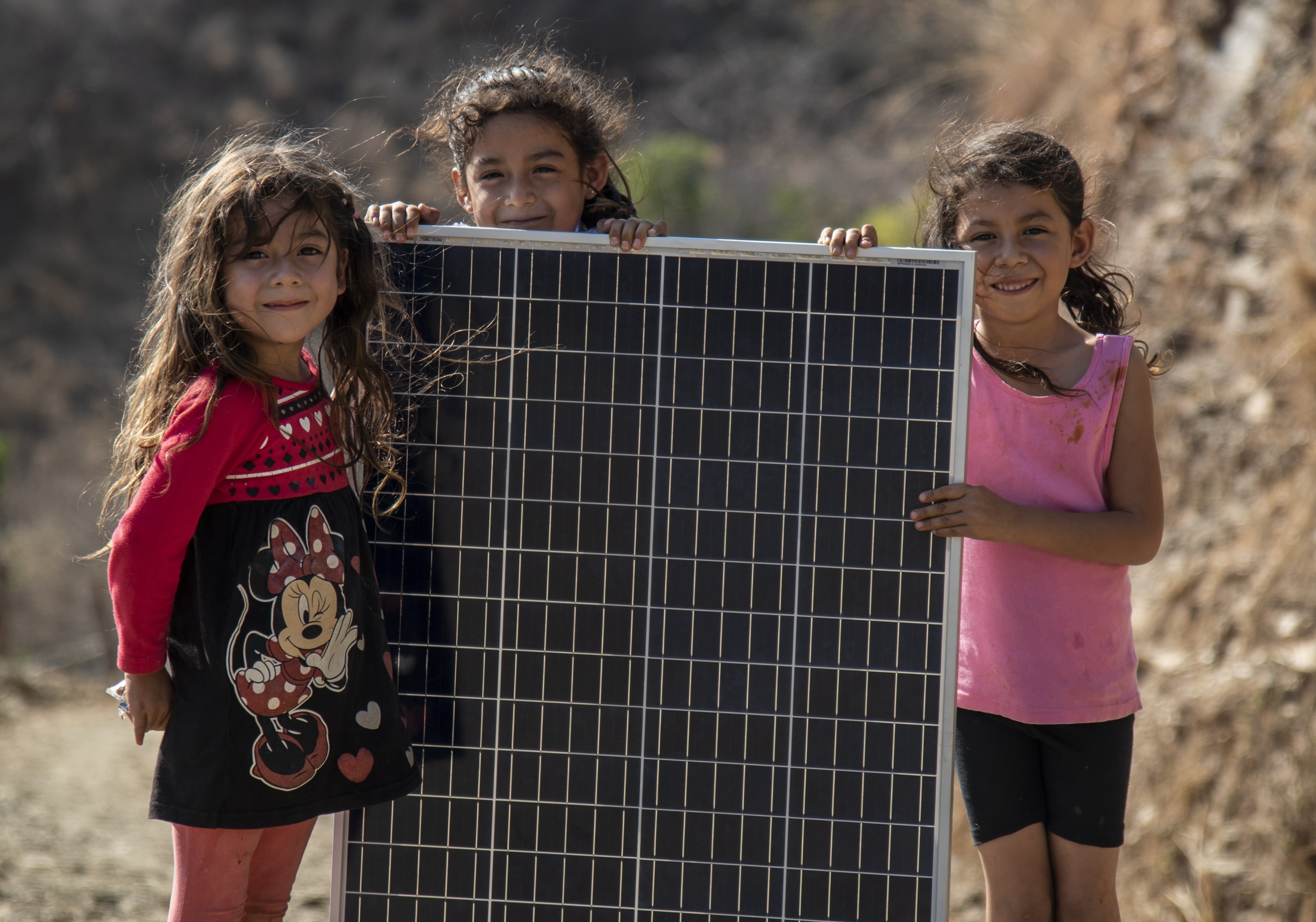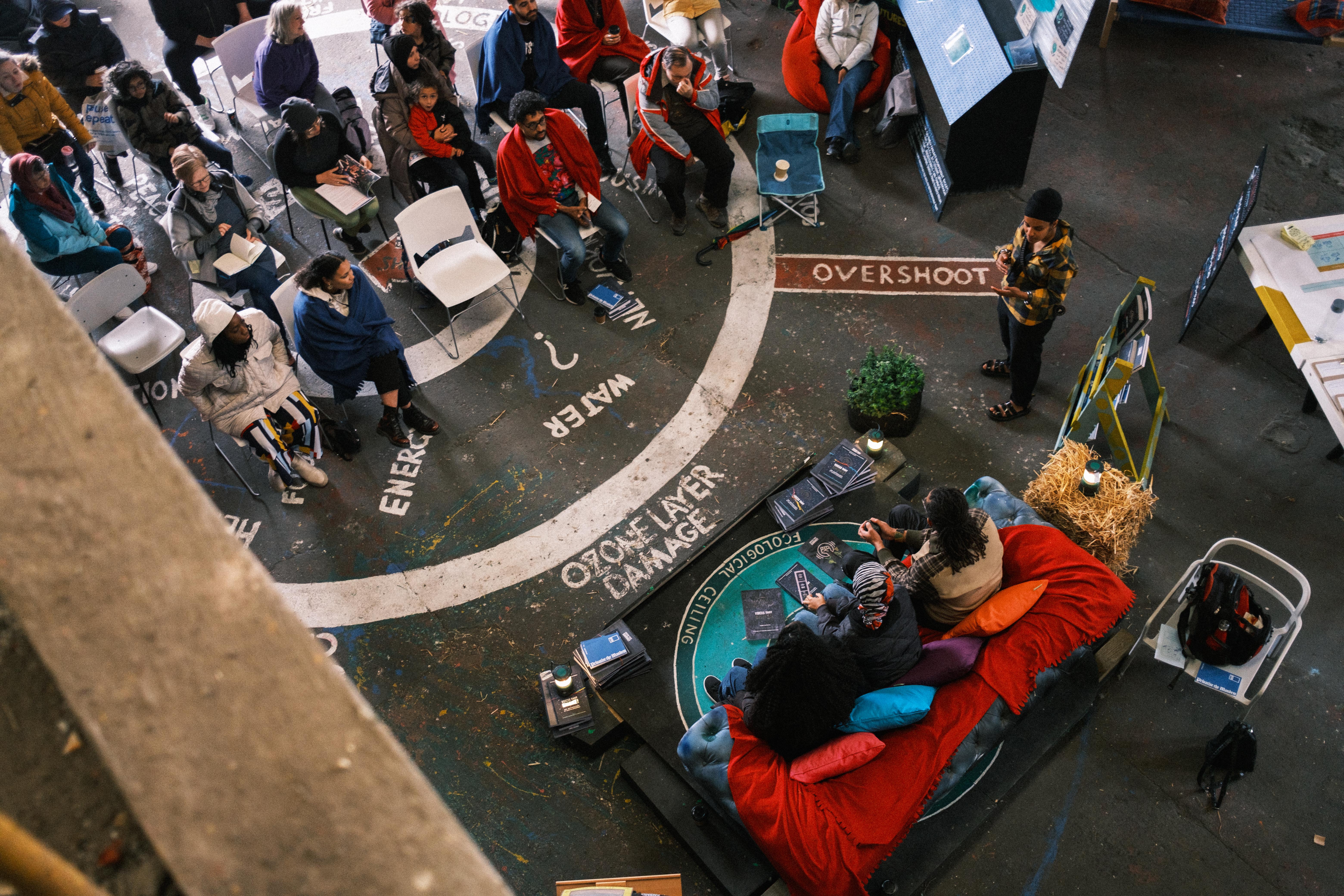We know climate change touches everything, so how do we empower everyone?
Ashoka and The Skoll Centre for Social Entrepreneurship launch the Climate Changemaker Playbook, a report that sets three actionable strategies for individuals to play an active role in the systemic shifts needed to tackle climate change.

When it comes to climate change, the solutions, science, and public awareness are on the increase. Yet effective policies, finance flows and behaviour changes are still lacking. Looking at where these shifts are already in motion, the Climate Changemaker Playbook sets three actionable strategies for how to get more people to play an active role in the systemic shifts needed to tackle climate change and biodiversity loss.
This research-based guide has applications for business, government, civil society, and anyone who has wondered what it takes to move from caring about climate to acting.
The two organisations behind these findings are Ashoka and The Skoll Centre for Social Entrepreneurship at Oxford University, two globally recognised leaders in social innovation, and it opens with a foreword by Christiana Figueres, Former Executive Secretary of the United Nations Framework Convention on Climate Change (UNFCCC).

The insights are derived from strategies used by leaders and social entrepreneurs from Ashoka’s network across a wide range of contexts: empowering small-scale fishing communities to champion conservation; supporting leaders in multinational corporations to transform procurement practices; bringing together residents of local UK neighbourhoods to retrofit their streets; and facilitating diverse, equitable, long-term decision making to transform industry in Malaysian Borneo, and much more.
Pip Wheaton, one of the playbook’s authors and Ashoka Fellow.
Three strategies for activating climate changemakers
The Climate Changemaker Playbook shows that people can be most effective collectively when they find places to contribute that leverage their unique strengths, positions, and passions. This means understanding people’s drivers and motivations, and how to harness them. The Climate Changemaker Playbook highlights three strategies climate changemakers are using to do this across a wide diversity of contexts:
-
Make it personal: connect the climate and ecological emergency to a person’s specific context, role, values, and identity – the things they care about and the actions in their sphere of influence. Doing so builds internal motivation, a key ingredient for agency.
-
Gather support: working with others can increase people’s capacity to drive climate action and overcome barriers. Bringing people, and their resources, together can help overcome the smallness of individual action in the face of a truly global problem.
-
Create enabling conditions: tackle the existing structures and systems that constraint individuals’ ability to contribute effectively. This is particularly important for ensuring a just transition in which the shift to a decarbonised society and economy doesn’t further entrench existing inequalities.
Christiana Figueres, Former Executive Secretary of the United Nations Framework Convention on Climate Change (UNFCCC)
More about the research
The Climate Changemaker Playbook is based on research that studied the work of hundreds of Ashoka Fellows, leading social entrepreneurs from around the world, through three inter-related research projects: 1) surveying 190 Ashoka Fellows, 2) identifying and clustering target issues addressed by the 600+ Ashoka Fellows elected in the climate field since 1980, and 3) conducting in-depth interviews with 22 Ashoka Fellows who focus specifically on climate. The social entrepreneurs who were studied engage a wide range of actors and deploy varied interventions, and their efforts collectively span five continents.